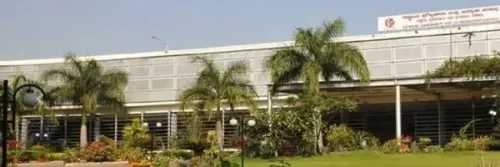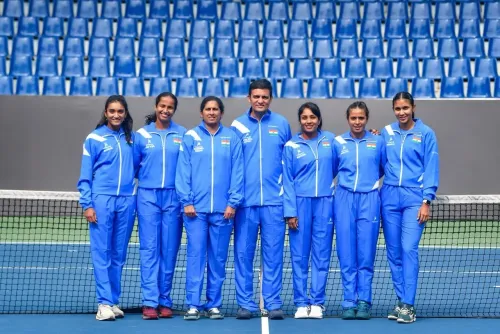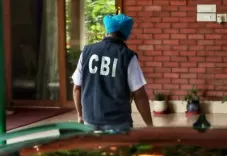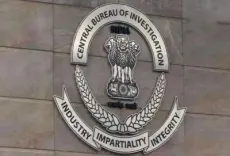Will Amit Shah's Call for Swadeshi Resonate with the People?
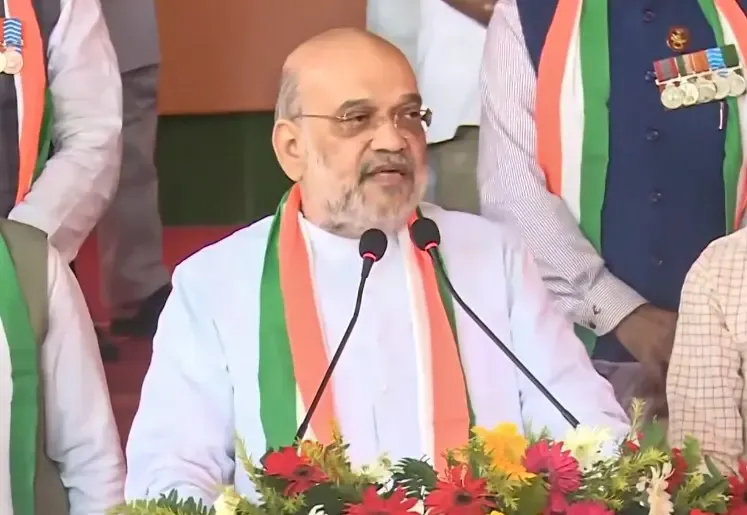
Synopsis
Key Takeaways
- Amit Shah urges citizens to pledge for Swadeshi.
- Support for local artisans and farmers is emphasized.
- Promotion of domestic tourism is encouraged.
- Nationwide campaign marks 150 years of Vande Mataram.
- Call for increased use of Indian languages.
Patna, Nov 7 (NationPress) Union Home Minister Amit Shah on Friday urged citizens to take a pledge for Swadeshi, advocating for the use of Indian goods over foreign products, supporting local artisans and farmers, and promoting domestic tourism.
This announcement came during the formal launch of the initiative at the BJP's state headquarters in Patna, commemorating the 150th anniversary of the national song 'Vande Mataram'.
While administering the pledge to party workers and supporters, HM Shah emphasized that the program aims to integrate Swadeshi into everyday life.
Participants were encouraged to commit to prioritizing Indian products, fostering local industries, and inspiring the youth to embrace Swadeshi principles.
He also called for an increased use of Indian languages in social interactions and highlighted the importance of choosing environmentally sustainable products.
The BJP stated that its nationwide campaign, marking the 150-year milestone, seeks to instill the history, emotion, and national spirit of Vande Mataram among all citizens.
As part of this nationwide initiative, major national figures, including Prime Minister Narendra Modi, Union Home Minister Amit Shah, Uttar Pradesh Chief Minister Yogi Adityanath, Congress leader Rahul Gandhi, and RJD leader Tejashwi Yadav, are scheduled to participate in election rallies across Bihar.
Vande Mataram, composed by Bankim Chandra Chattopadhyay in 1875, was later incorporated into his novel Anandamath.
Rabindranath Tagore set it to music, presenting it at the 1896 Indian National Congress session.
This song became a rallying cry during the Indian freedom movement, resonating with leaders such as Lala Lajpat Rai, Bal Gangadhar Tilak, Bhagat Singh, and Subhas Chandra Bose.
In 1950, Rajendra Prasad, India's first President, granted it the status of the national song.
Meanwhile, the political climate in Bihar is charged.
Following the conclusion of Phase-1 voting on 121 seats on Thursday, campaigning has intensified as Phase-2 polling approaches in 18 districts on November 11.
PM Modi is set to conduct two rallies in Aurangabad and Bhabhua on Friday.


